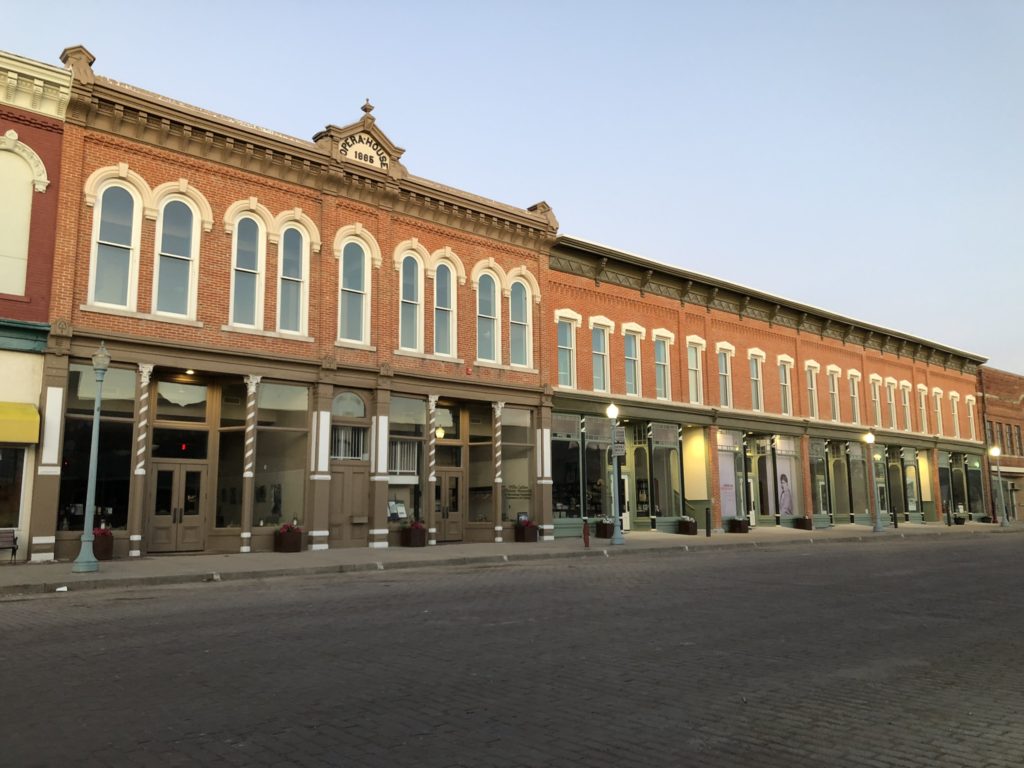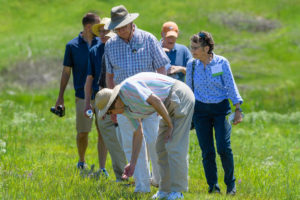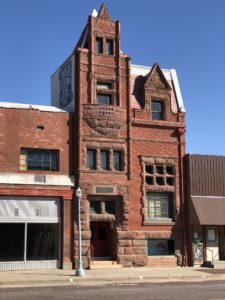
Willa Cather’s Legacy Transformed a Community
 If Willa Cather were to visit Red Cloud today, she would still feel right at home. Since the founding of Willa Cather Foundation in 1955, the community has embraced the legacy of the literary icon in ways that keep both her work and the community relevant and vibrant.
If Willa Cather were to visit Red Cloud today, she would still feel right at home. Since the founding of Willa Cather Foundation in 1955, the community has embraced the legacy of the literary icon in ways that keep both her work and the community relevant and vibrant.
Red Cloud has become home to the largest assembly of nationally designated historical buildings dedicated to an American author. Tourists come from all over the country and around the world to visit. Renovations of six buildings including Cather’s childhood home, the Pavelka Farmstead (featured in Cather’s novel, My Ántonia), the bank, two churches and the Burlington depot speak to the value of cultural heritage.

With the opening of the National Willa Cather Center in 2017 came many features that include a bookstore, museum exhibit, art gallery, three residential lofts and space for retail businesses and restaurants. The Center sits adjacent to the Opera House where Cather first experienced theater and opera. Concerts, writing workshops, educational events, field trips, guided historic tours and much more draw visitors and residents alike, strengthening tourism and creating valuable local jobs.
NCE support has also helped us make rural Red Cloud one of Nebraska’s major cultural destinations—a place that educates and inspires visitors from across the country and around the world.
Ashley Olson
Executive Director, Willa Cather Foundation

Ashley Olson, Executive Director of the Willa Cather Foundation notes, “Funds from the Nebraska Cultural Endowment, through the Nebraska Arts Council and Humanities Nebraska, fuel our arts and cultural programming, directly touching the lives of thousands of area residents. NCE support has also helped us make rural Red Cloud one of Nebraska’s major cultural destinations—a place that educates and inspires visitors from across the country and around the world.”
Your support yields many bottom lines. Investment in the arts and humanities creates economic prosperity and quality of life in rural and urban communities. Thank you for supporting the Nebraska Cultural Endowment in this effort.
